Voters rate Josh Frydenberg’s budget the best since the days of Peter Costello
Josh Frydenberg has handed down the best-received budget since Peter Costello’s era but has fallen short of an electoral bounce.
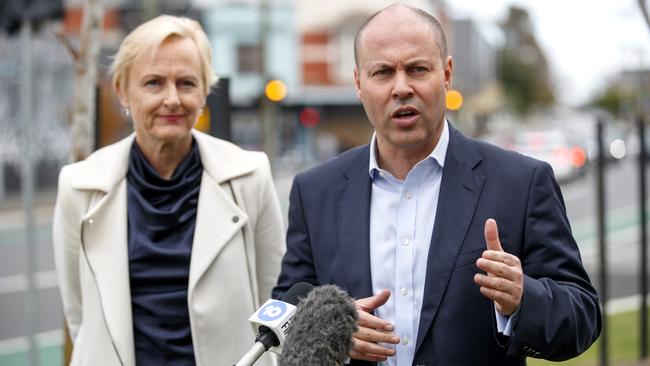
Josh Frydenberg has handed down the most well received budget since John Howard and Peter Costello but has fallen short of delivering the government an electoral bounce, with a federal election looming within the next 12 months.
An exclusive Newspoll conducted for The Australian shows widespread approval for last Tuesday’s big-spending budget, with 44 per cent of voters claiming it would be good for the economy as it continues toward a post-COVID-19 recovery.
With only 15 per cent of voters claiming it would be bad, the margin represents the greatest gap between the two measures since 2007, prior to the Howard government losing office.
But while popular in its perceived benefit for a stronger economy, the budget has yet to translate in a direct lift in support for the Coalition, with Labor holding on to its slim 51 to 49 two-party-preferred lead despite ceding territory to the far left.
The post-budget poll shows the Coalition remains on an unchanged primary vote of 41 per cent.
Labor has fallen two points to 36 per cent, with Anthony Albanese also suffering a fall in personal support in the wake of the Opposition Leader’s budget-in-reply speech pitched at social housing and wage growth.
With more than $28bn in tax breaks for low- and middle-income earners and small businesses handed out in the budget, along with a $17bn aged-care package and record funding for mental health and the NDIS, voters remained evenly divided — at 19 per cent apiece — over whether they would be personally better or worse of financially.
But a record 62 per cent of people could not say whether they would be better or worse off — the highest numbers since the question was first asked in 1999.
The shift away from Labor boosted the Greens from 10 per cent to a post-election high of 12 per cent with the traditional preference churn between the two left wing parties appearing responsible for Labor holding on to its 2PP lead.
Mr Albanese also suffered a fall in his personal approval ratings, with dissatisfaction in his performance as leader rising three points to 46 per cent and satisfaction falling a point to 39 per cent, leaving the Labor leader with a worsening net position of minus seven.
Scott Morrison also suffered a two-point fall in net approval, with his satisfaction rating falling a point to 58 per cent and dissatisfaction rating rising a point to 38 per cent resulting in a net approval rating of plus 20.
Mr Morrison also maintained his dominance over his rival as preferred prime minister despite dropping a point to 55 per cent. Mr Albanese remained on an unchanged 30 per cent.
One Nation fell a point to its equal post-election low of two per cent with support for other minor parties lifting a point to 9 per cent.
The largely unchanged position for the Coalition sees the government locking in gains made on the last poll following the height of the electoral damage triggered by the rape allegations which had plunged the coalition to its lowest level in the polls since the bushfire crisis.
Speaking at a heavy fabrication and engineering company in Gladstone on Sunday, Mr Morrison said the budget was about keeping the “momentum of our domestic economy moving” and “supporting Australians to be in jobs”.
“Largely our economy right now and for the foreseeable future, over the next 12 months, certainly is going to depend very much on the economic strength of Australians, their households, their businesses (and) the work that they’ve got,” he said. “We need to ensure that we’re supporting Australians to be in jobs, that those jobs are being supported by the strength of our domestic economy.”
Mr Frydenberg promoted the budget’s inclusion of tax relief for more than 10 million Australians through the extension of the Low and Middle Income Tax Offset and defended the fairness of stage three of the government’s tax plan for a flat 30 per cent rate to apply to incomes of between $45,000 and $200,000 from mid-2024.
“We can’t take our foot off the accelerator,” Mr Frydenberg said in Melbourne.
“So we’ve continued to do the things that have actually worked, providing more incentives for businesses to invest, and of course, providing Australians with more of their hard earned money with tax relief, including this Low and Middle Income Tax Offset.
“But the key point is, we’re still in the middle of the pandemic. We can’t take the gains we’ve made for granted. We must lock them in.”
As the political battle over stage three of the tax cuts intensifies with Labor not having committed to keeping them, Mr Frydenberg said the government had “maintained the progressive nature of our tax system with these reforms.”
“The top one per cent of taxpayers will pay about 17 per cent of the overall tax burden. The top 5 per cent of taxpayers will pay about a third of the overall tax burden. And the top 20 per cent of taxpayers will pay about 60 per cent of the overall tax burden.
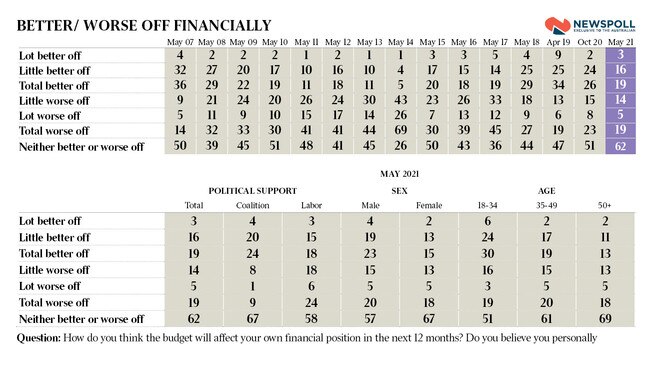
“The only thing that you can be sure of with the Labor Party and taxes, is that they’ll put them up.”
Mr Albanese argued the Liberals had “suspended their ideology for the current period” in a bid to win the next election but warned the Coalition would reactivate plans to find spending cuts down the track.
“We know from this government, just like we saw in 2014 when it first came to office, that they will make cuts, they will return to type. What they’re saying is they’ve suspended their ideology for the current period. What they are really trying to do is to just get through to the next election,” he said.
Mr Albanese warned that lower and middle income earners would be worse-off once the LMITO was lifted, arguing that Mr Frydenberg “couldn’t say what would happen after that.” “He couldn’t say … what the plan was to lift wages.
He couldn’t say what the boost to the economy or impact on the economy would be of (the) stage three tax cuts … there was no analysis there.”
More Coverage
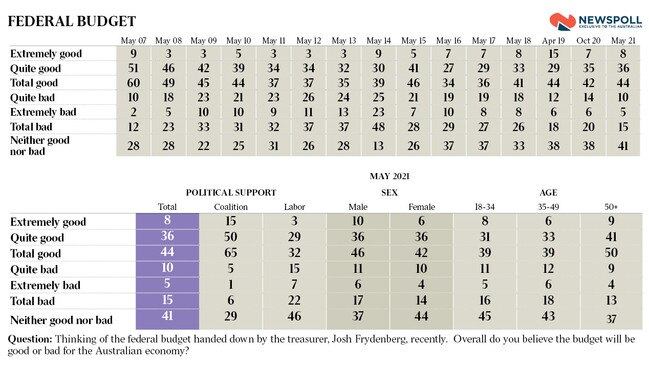


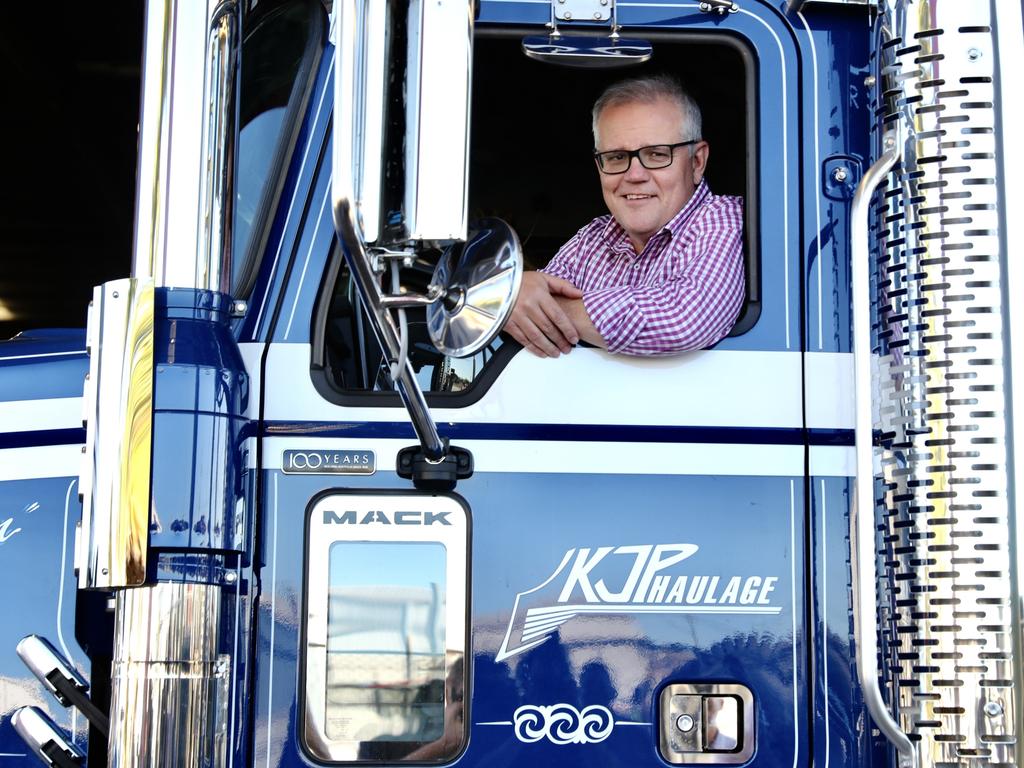
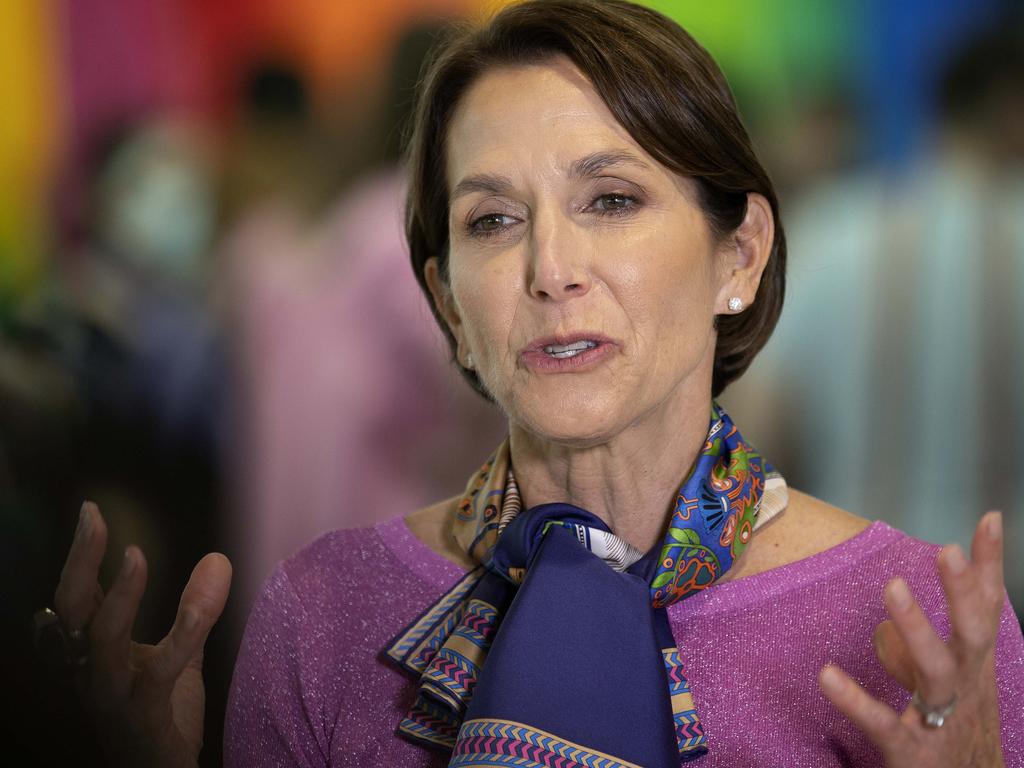

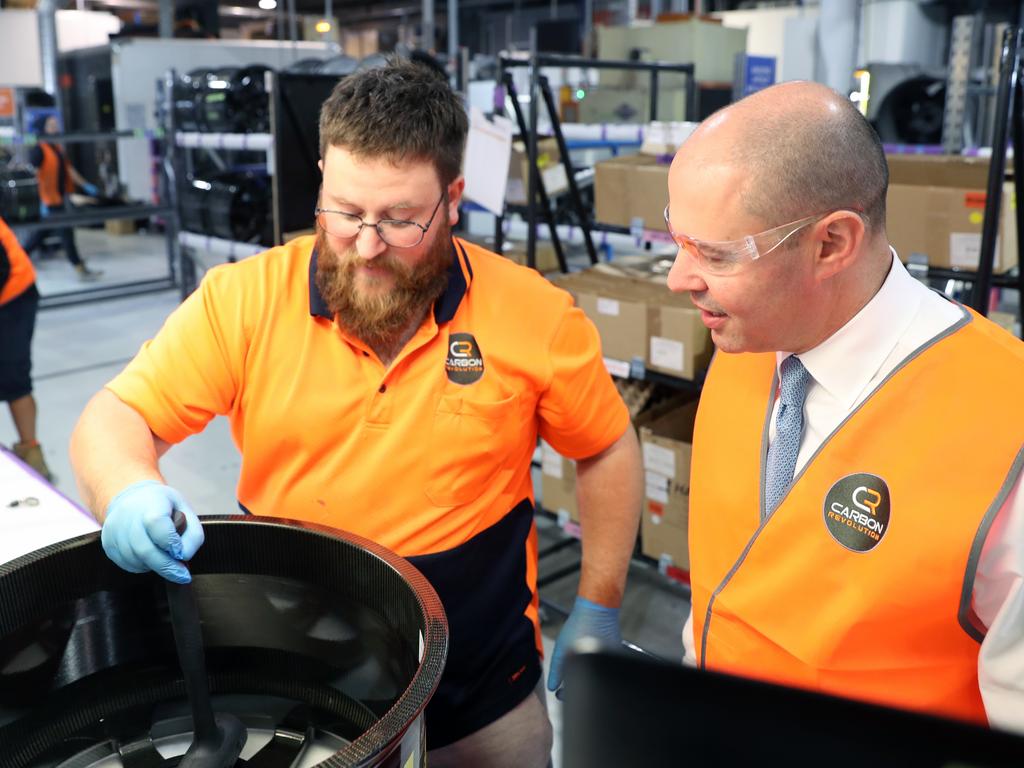


To join the conversation, please log in. Don't have an account? Register
Join the conversation, you are commenting as Logout